Perspectives of Traditional Religions on Positive AI Futures
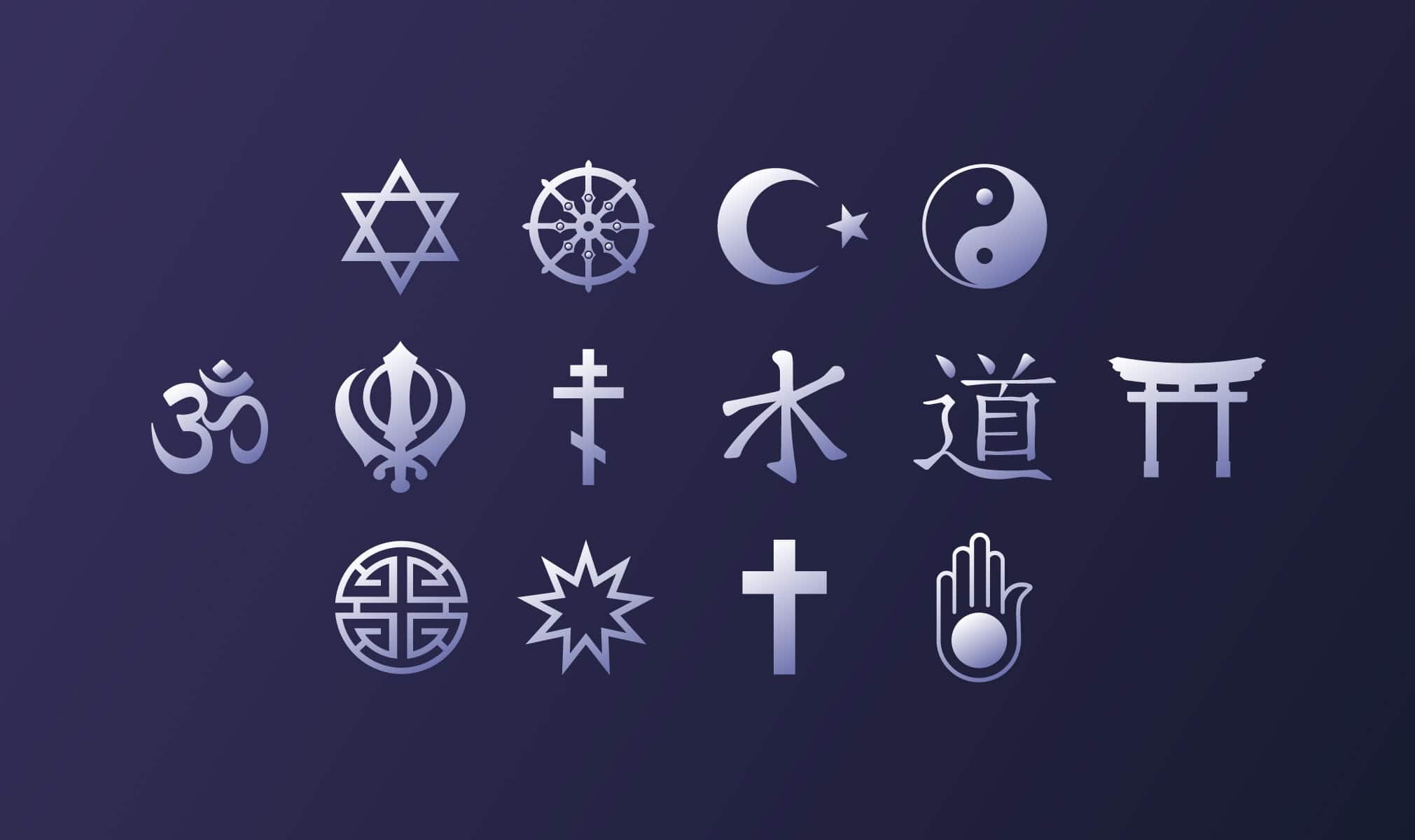
Technology corporations are rapidly developing artificial intelligence systems with unprecedented capabilities. Each year we yield more of our tasks and decisions to these systems. AI is transforming everything from everyday social interaction and how we work, to democracy and war. Even if we can mitigate the range of risks, from AI-enabled bio-terrorism to the loss of human control, AI will continue to change the world in ways we cannot imagine.
This change can be positive. Bespoke, narrow AI systems can solve many specific problems and improve people’s lives. Equally, an inclusive global conversation can help to address the existential questions AI raises about work, control, purpose, hope and what it means to be human. Such a conversation could in turn guide a cautious, pluralistic approach to the development, application and governance of these transformative technologies.
The current path is not that. Instead, the path is whatever the existing incentive structures behind corporate behavior make it – in other words, the accidental result of a great race to maximise profits. Most of the world is not getting a say in what our future will look like.
Most of the world – approximately 84% of the population – believes in or subscribes to what might be called a traditional religion. Yet the perspectives of world religions on AI, what they fear about it and what, if anything, they hope for and want from it, are largely absent from strategic AI discussions. In the halls of AI power the idea of god is either rejected or raised as something humans can create. Momentous decisions about the future of life are being made on the basis of extremely unrepresentative beliefs.
As we move into a new era where so many new things become possible, world religions – resilient institutions that have for so long cultivated wisdom about what is ethical and beneficial – have much to offer. They have unmatched experience and reach in organising communities, providing hope and meaning to people’s lives, and tackling existential questions around purpose, personhood, and power.
Part of FLI’s Futures program, this initiative aims to support religious groups to voice their faith-specific concerns and hopes for a world with AI, and work with them to resist the harms and realise the benefits.
This involves convening and providing platforms for representatives to address these issues and potential solutions. Below you will find a series of guest posts exploring hopes and fears for AI futures from specific religious perspectives, and past events connected to this project.
If you are a religious leader working on a faith initiative on AI, you have religious views on AI risks and opportunities you feel are not being heard, or you have ideas for how religious groups can meaningfully impact AI development and governance, do get in touch.
Contact: will@futureoflife.org
Posts from religious thinkers
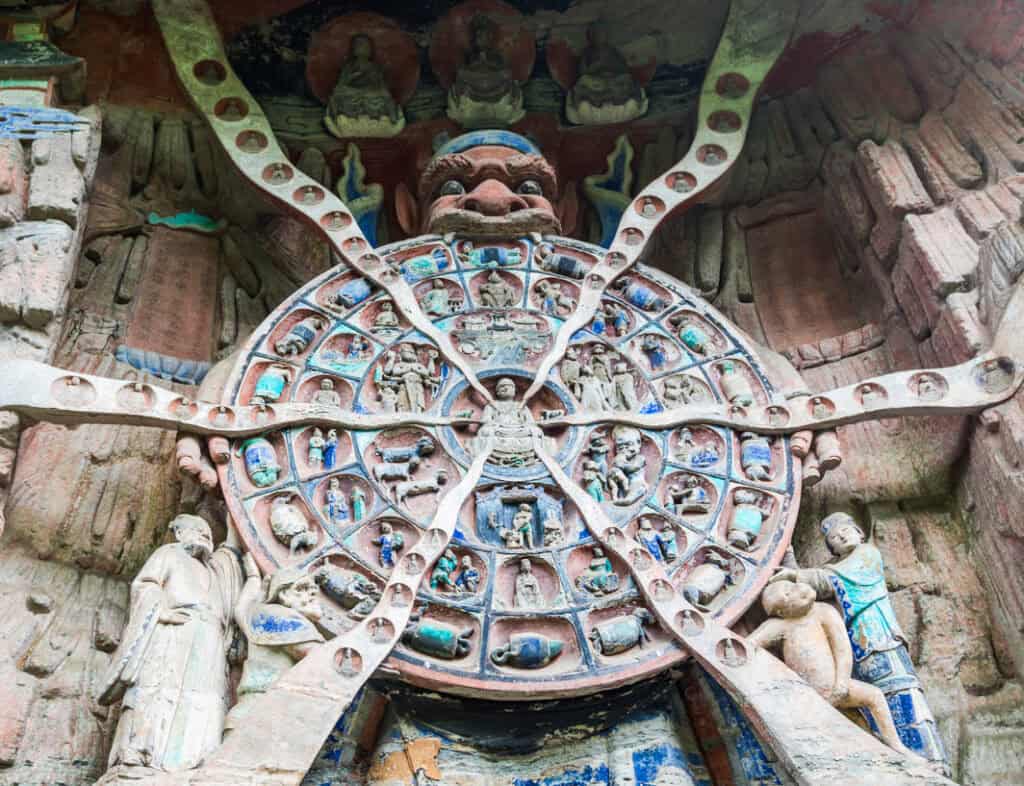
A Buddhist Perspective on AI: Cultivating freedom of attention and true diversity in an AI future

The Future and the Artificial: An Islamic Perspective
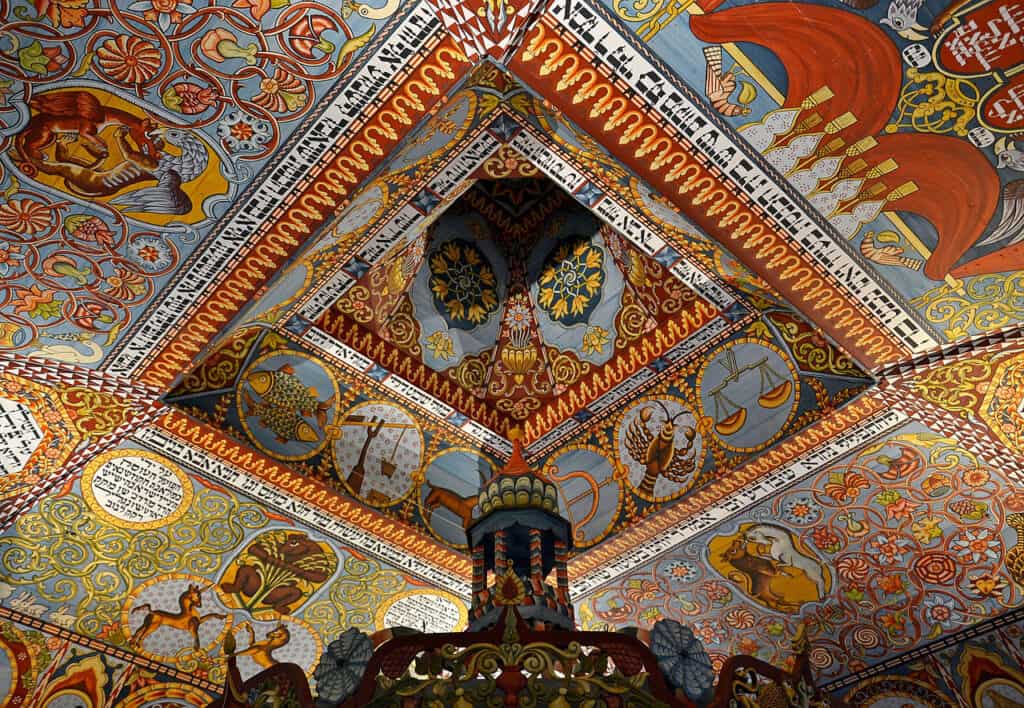
On AI, Jewish Thought Has Something Distinct to Say

A Catholic Vision for a Positive Future with Divine, Human, and Artificial Intelligence
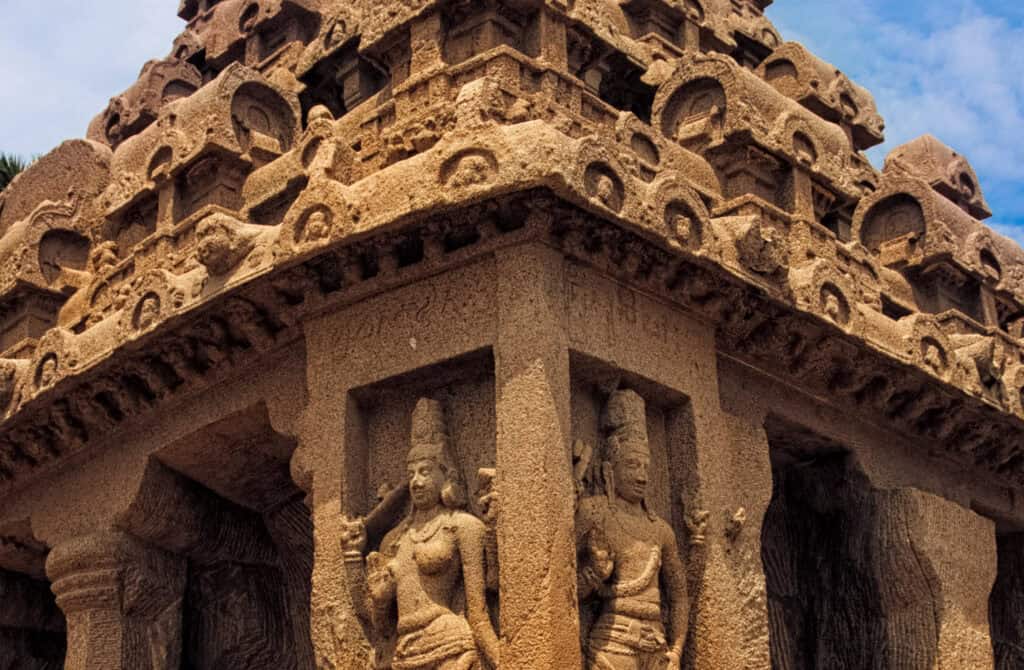
A Hindu Perspective on AI Risks and Opportunities
Events
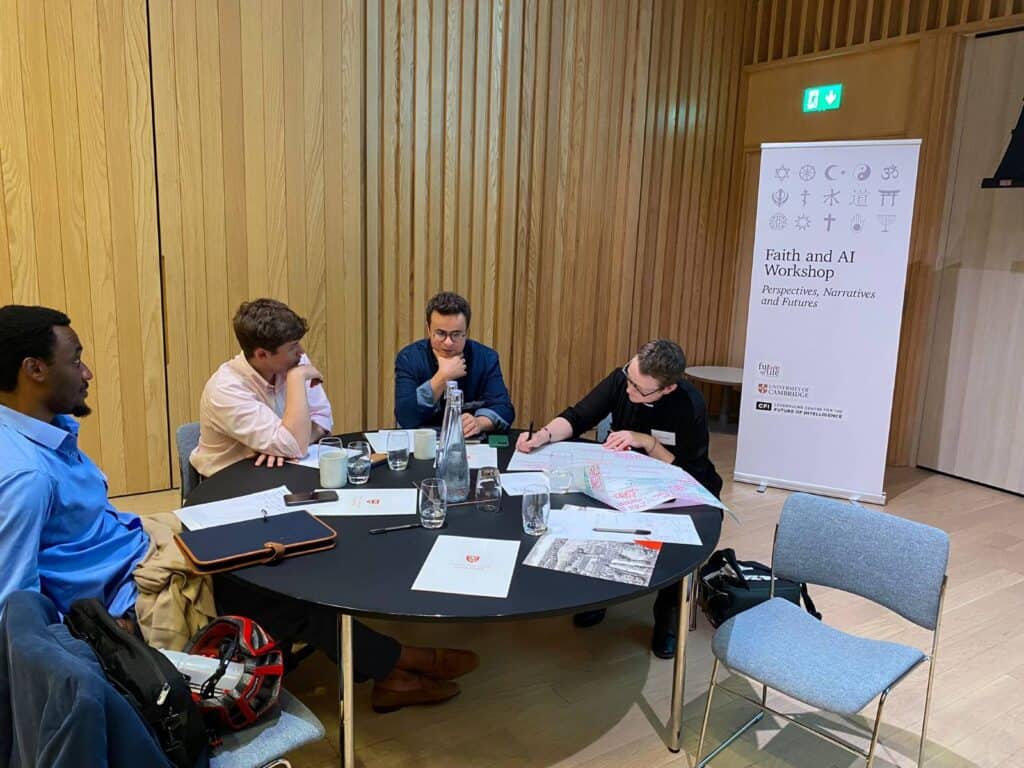
UK multi-faith event explores religious perspectives and narratives around AI
FLI and the Leverhulme CFI put on a ‘Faith and AI Workshop’ at Jesus College, Cambridge, bringing together a range of thinkers from Christian, Muslim, Jewish and Hindu traditions. Sessions focused on how AI is affecting religious communities and practice, how religious narratives interplay with narratives around AI, and finally how religions might work to move towards more positive futures with AI.
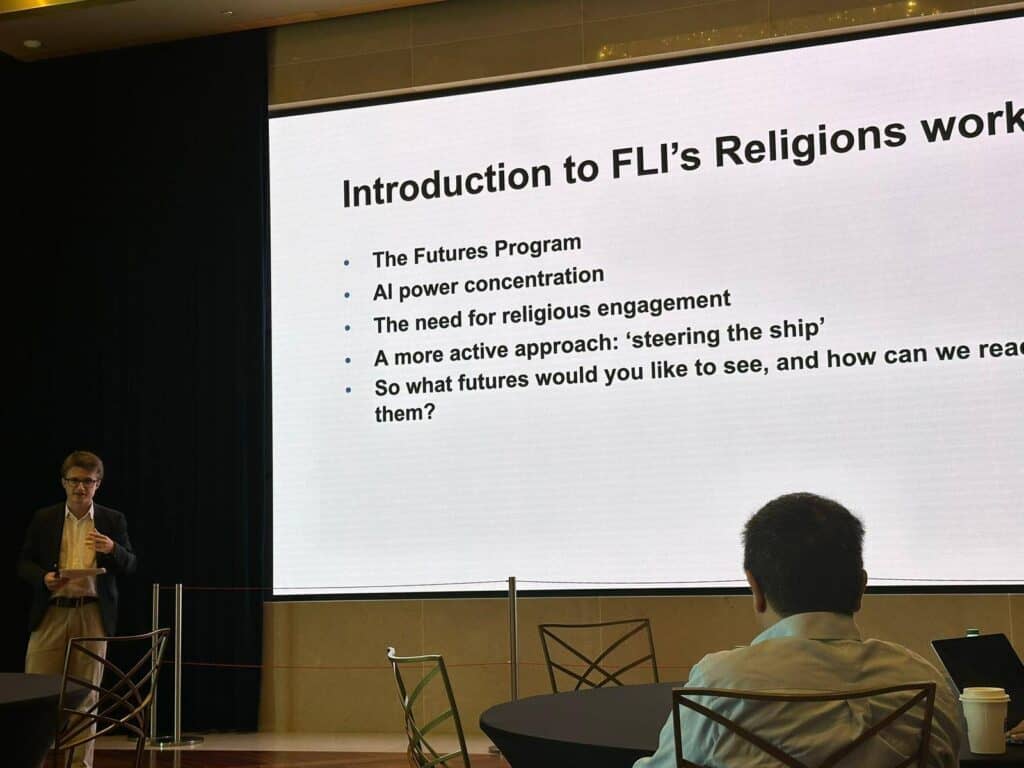
FLI and AI & Faith run workshop on positive AI futures at DC's Museum of the Bible
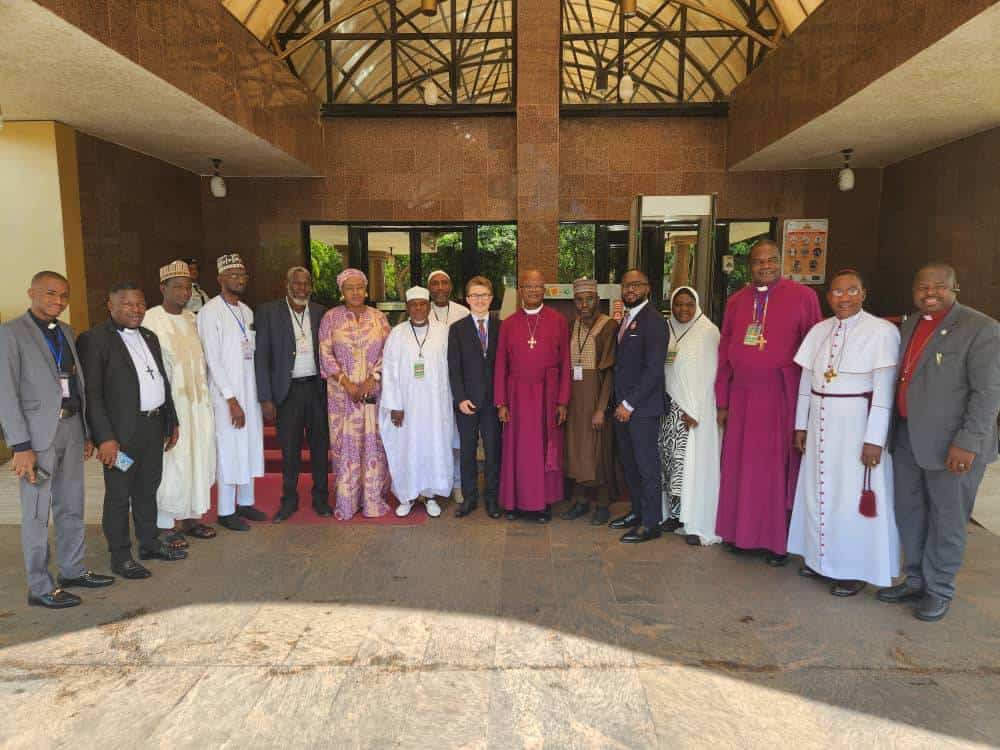
Christian and Muslim leaders discuss how to steer AI in a wiser direction for Nigeria
FLI, represented by William Jones, co-organised a meeting of Nigerian Christian and Muslim leaders in Abuja to discuss how to AI in a wiser direction for Nigeria. Religious leaders from the Christian Council of Nigeria (CCN) and the Jama’atu Nasril Islam (JNI) agreed on the need for religious leaders to take the lead in the direction Nigeria is going with AI, including through education and governance. The resulting Communique was featured in the Nigerian Tribune and Vanguard.
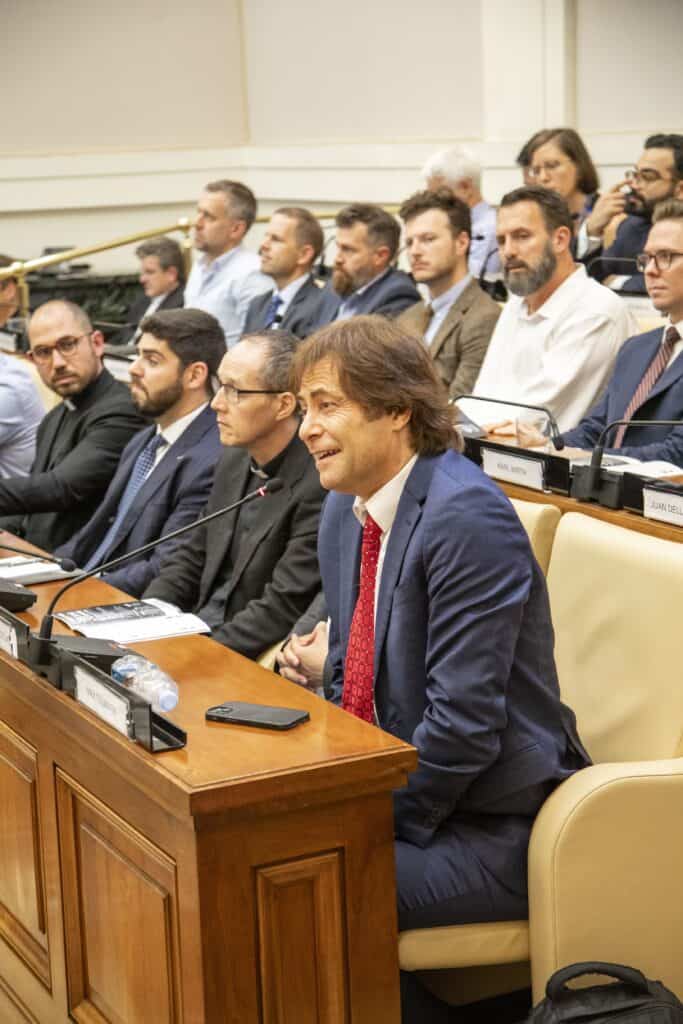
FLI encourages bold Catholic moral leadership on AI at the Vatican
Max Tegmark and William Jones attended the Builders AI Forum hosted by the Pontifical Academy for Science in the Vatican. Tegmark spoke in a panel discussion about the need for the Catholic Church to provide moral leadership at this time by drawing a clear line between AI tools that can help humanity, and the hubristic pursuit of a digital god AGI to which we could lose control.
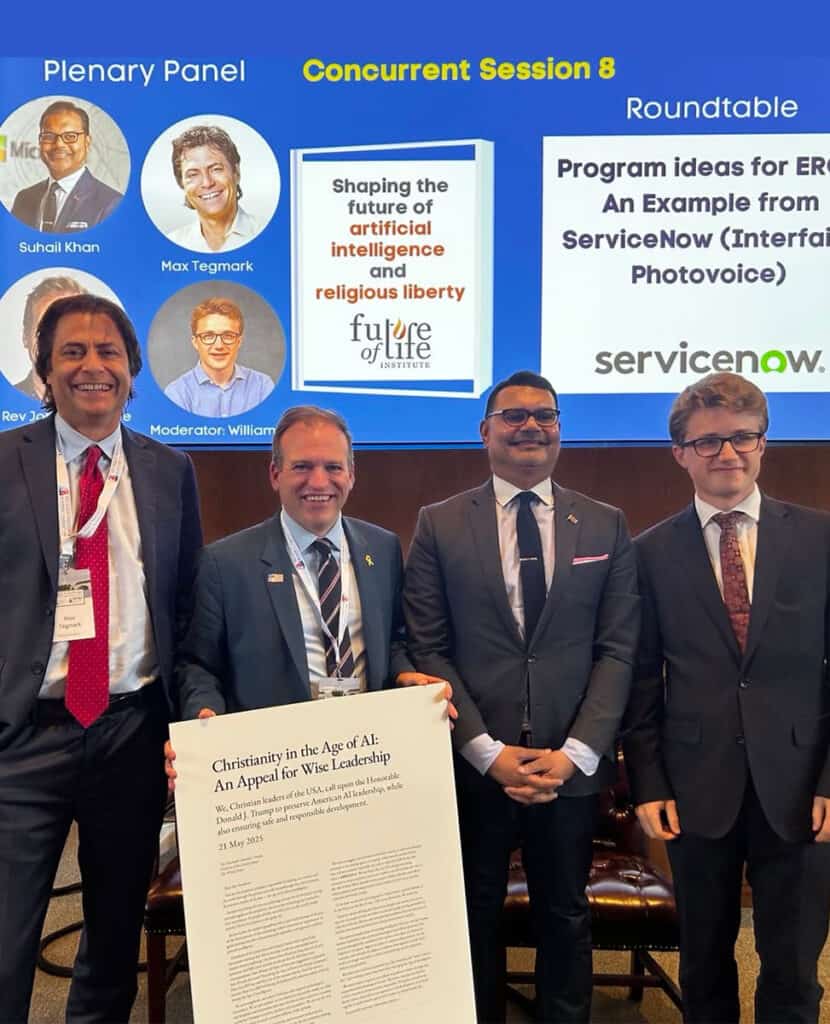
FLI panel on Religious Liberty and AI at DC's Catholic University of America
FLI President Max Tegmark joined evangelical leader Rev. Johnnie Moore and Microsoft religious freedom advisor Suhail A. Khan in a panel, moderated by FLI religions lead Will Jones, exploring the implications of AI for religious liberty and the need for faith leaders to step up. The panel took place at the Religious Freedom and Business Foundation's 'Dare to Overcome' conference at CUA. The event also saw the launch of Rev. Moore's evangelical leaders' AI letter to President Trump (pictured).
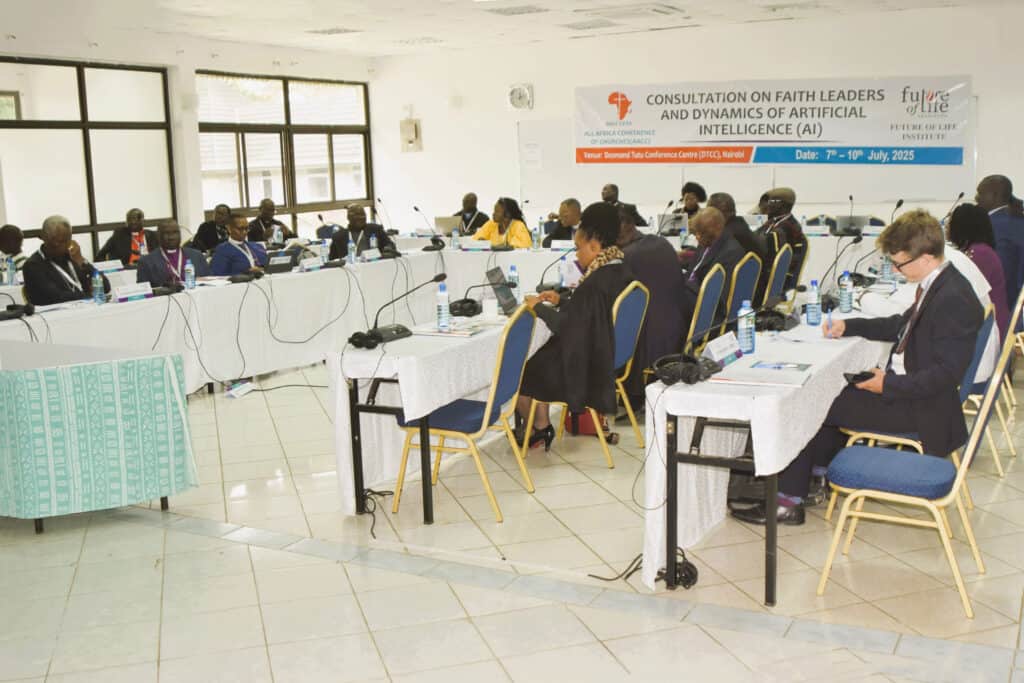
Bishops and archbishops from across Africa meet to discuss AI hopes and concerns
The All Africa Conference of Churches (AACC), with FLI's support and expertise, convened a two-day consultation meeting for twenty five African bishops and archbishops representing a range of denominations and countries. Sessions and discussion led by FLI's Will Jones addressed the emerging impacts and threats of the AGI race on African culture and society, and the urgently needed role for church leaders to play in steering in a better direction.
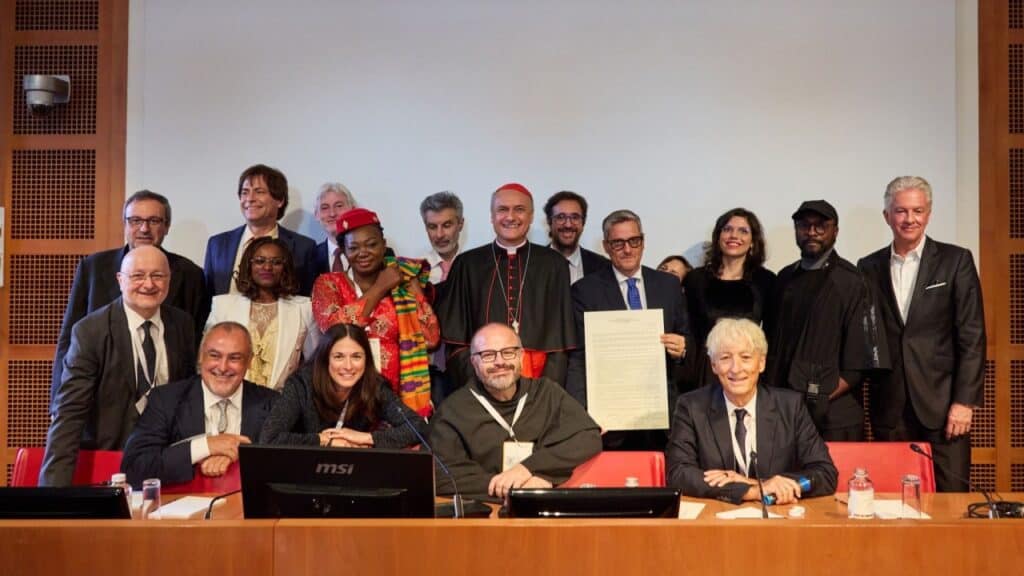
Max Tegmark partakes in Vatican's Fratelli Tutti workshop on AI
As part of the Fratelli Tutti Foundation's 'Fraternity' events week, Vatican AI advisor Fr. Paolo Benanti assembled and led a discussion working group for AI, featuring pre-eminent AI researchers Yoshua Bengio, Geoff Hinton, Stuart Russell and FLI president Max Tegmark. The workshop produced a 'Global appeal' statement addressed to Pope Leo XIV that called for 'moral red lines' around AI development, including a prohibition on the development of superintelligence.
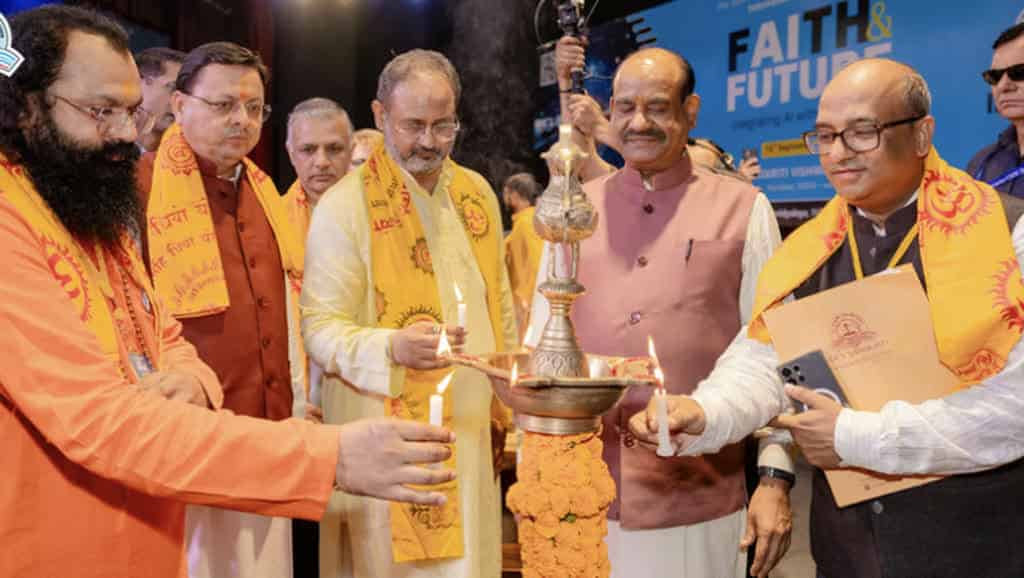
'Faith and Future: Integrating AI with Spirituality' in India
As covered in major Indian publications, Dr. Chinmay Pandya of the All World Gayatri Parivar hosted, in collaboration with FLI, a Pre-Summit Event of India's AI Impact Summit 2026, at the Dev Sanskriti Vishwavidyala in Haridwar, Uttarakhand. The event brought together Indian parliamentarians, academics, government leaders, spiritual thinkers and global AI experts to discuss the interconnecting impacts of AI and Indian faith traditions. Among the attendees were Lok Sabha Speaker Om Birla, Chief Minister Pushkar Singh Dami, Governor Lt. Gen. (Retd.) Gurmit Singh and IndiaAI CEO Abhishek Singh alongside Professor Stuart Russell and Skype Co-Founder Jaan Tallinn.
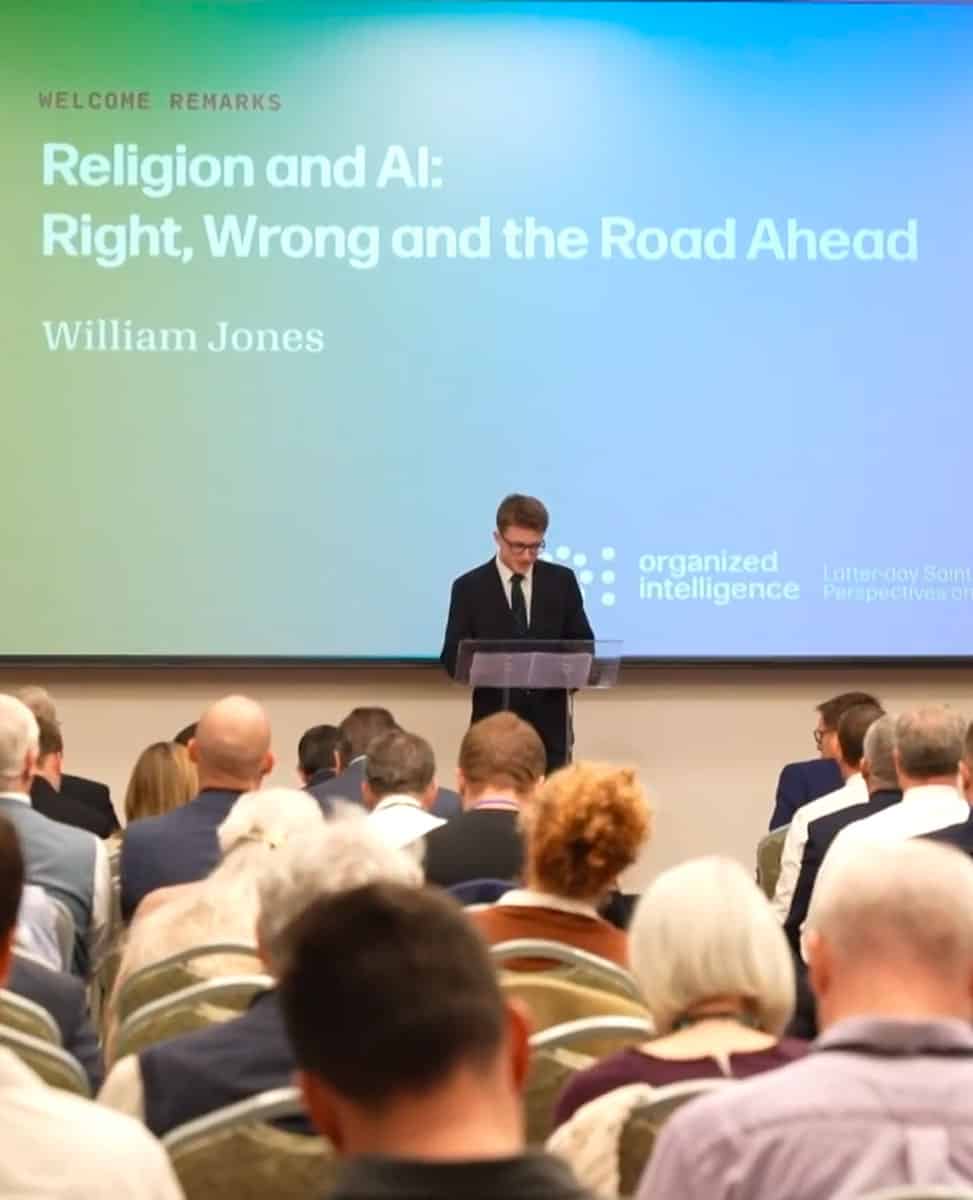
Latter-Day Saints gather in Church Office Building to discuss AI implications
Leading Latter-Day Saint scholars, creatives, technologists, and religious leaders met in Salt Lake City, Utah to discuss how Latter-Day Saints might understand, and respond to, AI risks within a theological framework. Speakers included Elder Gong of the Quorum of the Twelve Apostles, scholar Terryl L. Givens and theologian Kim B. Clark. The event was coordinated by Organized Intelligence, a new FLI-supported Latter-Day Saint AI initiative led by Medlir Mema and Faith Matters. FLI's Will Jones gave the welcome remarks.
